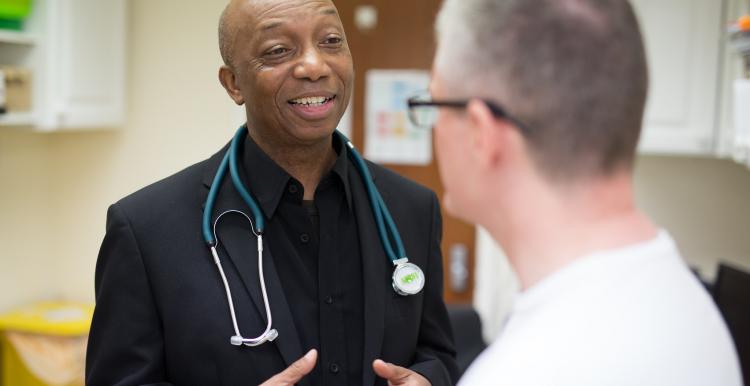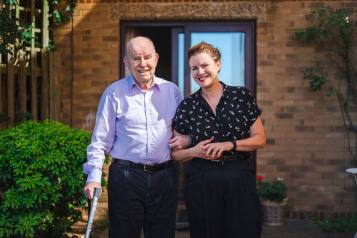How Primary Care Networks could work for you

They will bring groups of GP practices together to provide more services to patients and to work more closely with other services such as hospitals, pharmacies, mental health, and social care.
PCNs are being introduced to try to meet the needs of people that are now living longer, but who often have long term or complex conditions and who may need to access their local health services more often.
The aim is to give patients access to a wider range of health and care professionals as part of community teams, which will include GPs, nurses, physios, therapists, pharmacists and social care providers. The focus will be on providing care tailored to your needs, to help keep you well and out of hospital.
This will help GPs to free up their time to spend with patients who need it most, such as those with complex conditions.
From July 2019, there are set to be 11 Primary Care Networks throughout Wiltshire, covering populations of between 30,000-50,000 people each.
Primary care networks will provide proactive, coordinated care to their local populations, in different ways to match different people’s needs, with a strong focus on prevention and personalised care. This means supporting patients to make informed decisions about their own health and care and connecting them to a wide range of services to ensure they can access the care they need first time.
Have your say
We’d like to know what you think of Primary Care Networks. How do you think GP surgeries can work more closely with other services to improve care for people with long term conditions?
Find out more
As part of our work to gather feedback on the NHS Long Term Plan for Healthwatch England's What Would You Do? survey, we took part in a focus group to find out what people thought of PCNs.
More information on how PCNs will work is available from Wiltshire Clinical Commissioning Group, or for more detail visit the NHS England website, or read this King’s Fund explainer.


